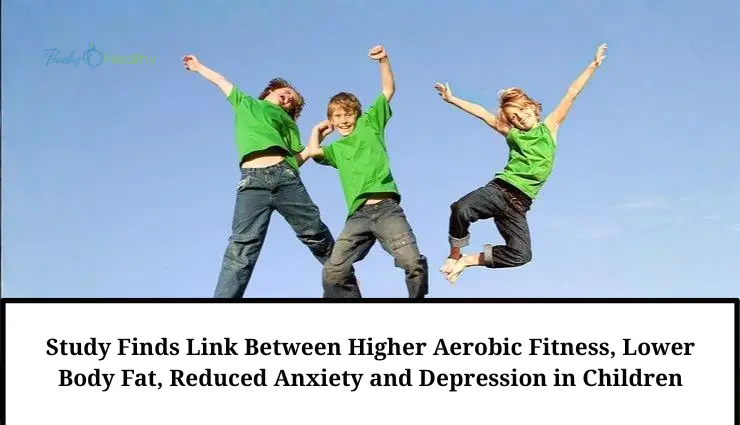A recent study has found a strong connection between physical fitness and mental health in children, offering new insights into how lifestyle factors may shape both body and mind. The research revealed that children with higher aerobic fitness levels and lower body fat are less likely to experience symptoms of anxiety and depression.
Physical Health and Mental Well-Being
Researchers analyzed how markers such as cardiovascular endurance and body composition relate to psychological outcomes. The study suggests that improving aerobic capacity and keeping body fat under control may help protect against mental health issues in young people.
“Children with higher aerobic fitness and reduced body fat may experience fewer symptoms of these mental health disorders,”
This finding comes at a time when childhood obesity and mental health concerns have both been on the rise. Over the past several decades, pediatricians and public health experts have raised alarms about increasing rates of depression and anxiety among children. While adults have been the focus of most previous research, this study shines a spotlight on the pediatric population, which has been studied far less in this context.
Why It Matters
Physical activity has long been linked to better mood and reduced stress in adults, but this research emphasizes that the same benefits extend to children. By engaging in regular exercise and maintaining a healthier body composition, kids may be better equipped to manage emotional stress, build resilience, and enjoy greater overall well-being.
Beyond mental health, the study also underscores the broader importance of lifestyle choices. Encouraging physical activity in childhood may not only prevent obesity but could also help lower the risk of mental health struggles later in life. These insights may prove valuable for schools, healthcare providers, and parents who are looking for effective strategies to support children’s holistic development.
A Holistic Approach to Children’s Health
The research makes clear that mental and physical health are deeply interconnected. Supporting children through balanced nutrition, regular physical activity, and healthy routines may provide long-term benefits that go beyond physical fitness alone.
In short, the study adds weight to the idea that a healthy body supports a healthy mind. By prioritizing both, society can help children grow into healthier, more confident, and mentally resilient individuals.




